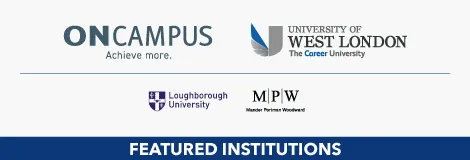Graduating with an MBA from a UK business school will see learners leave with a broad understanding of business and management issues, the ability to successfully implement strategies and develop management skills and techniques that are vital in the world of 21st century business. With your increased confidence in all areas of a business and its operations, you will be elevated to a higher level of competency, salary and ability.
See more: MBA Entry Requirements | Low Cost MBA | Business School Rankings
But which is the right UK business school MBA to benefit your future? Learn more below and arrange a free consultation with our business team in London to begin your application.
Executive MBA vs MBA
What is an EMBA?
An EMBA, also known as an Executive MBA, is for international students who are further along in their careers and want to continue working full-time whilst studying. Schedules are flexible depending on circumstances, and many offer part-time study (meaning a longer course completion time) so that you can both run your business and complete your programme.
- Typical age of EMBA student: 35+
- Typical years work experience: 12+ years
What is an MBA?
MBA programmes are designed for students with fewer years work experience and will generally be completed by leaving any position you may currently hold to study full-time on campus.
- Typical age of MBA student: 25-35
- Typical years work experience: 2-7 years
Skills gained on MBA/EMBA programmes
MBAs and Executive MBAs are both degrees that will have a positive impact on your career trajectory. Once you have passed your programmes, you will leave with:
- Diverse management skills
- Enhanced leadership
- Entrepreneurial thinking
- A strategic mindset
- Financial knowledge
- Improved analytical and decision making skills
Study in the UK
Both an MBA and EMBA can boost your career. Begin your application to study at a UK business school by arranging a free consultation with SI-UK London today.





 My consultant was very helpful and motivating. She helped me every step of the way, even when the deadline was so close. I feel I could not have done it without her. I'd highly recommend this service to any and all of my many friends interested.
My consultant was very helpful and motivating. She helped me every step of the way, even when the deadline was so close. I feel I could not have done it without her. I'd highly recommend this service to any and all of my many friends interested. 









